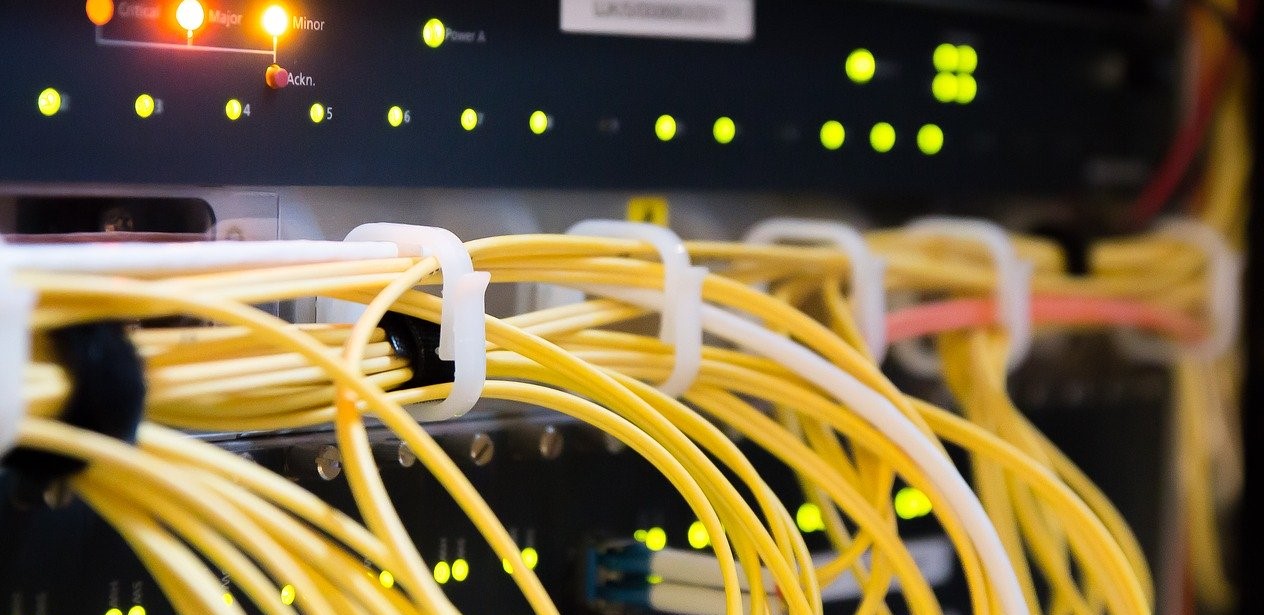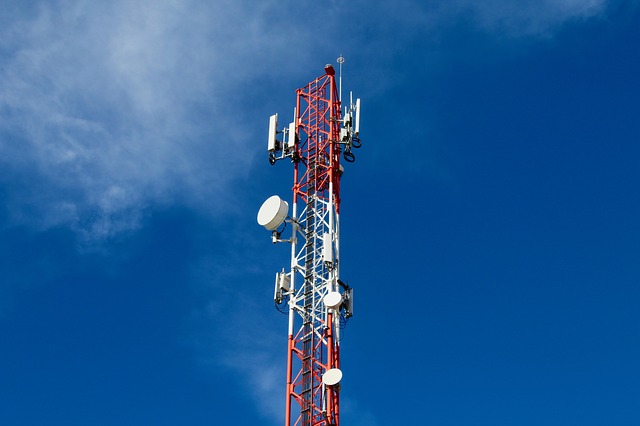The price of broadband for SMEs is critical to enable the nation’s entrepreneurs to compete globally
- While nearly universal internet access has been achieved, an additional imperative for public leaders remains ensuring affordability
- The majority of firms in the UAE do not leverage ICT as the basis for their businesses
The embrace of the Smart City concept is a key cornerstone of the UAE’s national development policy. Strong government commitment has been made to the use of Information and communications technology (ICT) to transform life and work in the UAE in fundamental ways. These investments in human capital and ICT infrastructure are expected to generate sustainable economic growth as well as lead to a higher quality of life.
Developing an affordable, high-speed communications network as an infrastructure backbone to enable smart cities has long been an objective of the UAE government.
In 2006, the General Policy for the Telecommunications Sector in the State of the United Arab Emirates set out the goal of providing universal, affordable access to ICT services. Though the UAE has not set specific targets for ICT access and use at the national level or specific targets for gender equity, evidence suggests that the UAE is targeting 100% access for all individuals. Based on a recent household survey conducted by the UAE Telecom Regulatory Authority, 99% of UAE nationals have mobile phones, 95% of households have computers, and 84% of households have an internet connection. These statistics point towards a universally high level of ICT access and use in the UAE with sufficient resources and will to achieve full national ICT penetration.
Broadband Affordability is An Emerging Policy Imperative
While nearly universal internet access has been achieved, an additional imperative for public leaders remains ensuring affordability. This challenge is particularly critical in enabling entrepreneurship and ensuring the global competitiveness of the nation’s small and medium-sized businesses. In a global comparison of the prices of entry-level fiber broadband packages for small and medium-sized businesses, Tahseen Consulting’s analysis shows that UAE businesses are being charged significantly more than small and medium-sized businesses globally.
Global Comparison of Entry-level Fiber Broadband Packages for Small and Medium-Sized Businesses
| Doing Business Ranking | Country | Company | Package | Download Speed | Cost per month | Data Limit |
|---|---|---|---|---|---|---|
| 1 | Singapore | Singtel | eVolve for SMEs | 30 Mbps | $69.70 | Unlimited |
| 2 | New Zealand | Spark | Basic Business | 12 Mbps | $52.11 | 200 GB |
| 3 | Denmark | TDC | TDC BizBase | 15 Mbps | $43.06 | Unlimited |
| 4 | Korea | SK Broadband | Optical LAN | 100 Mbps | $28.62 | Unlimited |
| 5 | Hong Kong | Hong Kong Telecom | @Work Broadband | 30 Mbps | $38.45 | 100 GB |
| 6 | UK | British Telecom | BT Infinity Unlimited | 38 Mbps | $48.16 | Unlimited |
| 7 | United States | Comcast | Starter | 16 Mbps | $69.95 | Unlimited |
| 8 | Sweden | Telia | Telia Office | 10 Mbps | $57.21 | Unlimited |
| 9 | Norway | Telenor | Broadband Enterprise | 6 Mbps | $40.27 | Unlimited |
| 10 | Finland | Sonera | Small Business | Up to 200 Mbps | $37.60 | Unlimited |
An analysis of entry-level fiber broadband packages for small and medium-sized businesses in the top 10 highest ranking countries on the World Bank’s Ease of Doing Business Ranking shows that the average price per megabyte of download speed is $3.61 (excluding Korea and Finland which have national broadband policies that have promoted extremely fast broadband access at prices that are far cheaper than global comparators). At an average price per megabyte of download speed of approximately $18, the common entry-level fiber broadband packages offered in the UAE to small and medium-sized businesses cost 5 times more than similar packages offered in the leading countries in the World Bank’s Ease of Doing Business Ranking.
Businesses in the UAE also pay up to 2 times more than similar broadband packages offered to residential consumers.
Making Broadband More Affordable for Small and Medium-Sized Businesses
The price of broadband access for small and medium-sized businesses is critical to realizing the UAE’s smart city ambitions as well as enabling the nation’s entrepreneurs to compete effectively on a global scale. According to the International Telecommunication Union (ITU), increased competition is an effective mechanism to lower prices. ITU research shows that duopolies lead to limited price competition which can reduce prices, but markets with more than three licensed operators experience the greatest falls in prices. Policy makers can also address affordability by regular monitoring, price regulation, and tiered services that ensure the revenue maximization objectives of telecom operators are aligned with broader national development strategies.
Based on an international benchmark average price per megabyte of download speed of $3.61, implied monthly fees for entry-level broadband services for small and medium-sized businesses which would align the UAE with the most business friendly countries globally are shown below.
Implied Monthly Fee Schedule for Entry-Level Broadband Packages for Small and Medium-sized Businesses Based on International Benchmarks
| Download/Upload Speed | Implied Monthly Fee (AED) |
|---|---|
| 10Mbps/2Mbps | AED 132.49 |
| 12 Mbps/3 Mbps | AED 158.98 |
| 20Mbps/5Mbps | AED 264.97 |
| 24 Mbps/6 Mbps | AED 317.97 |
| 40Mbps/10Mbps | AED 529.95 |
| 50 Mbps/12 Mbps | AED 662.44 |
| 60Mbps/15Mbps | AED 794.92 |
| 72 Mbps/20 Mbps | AED 953.91 |
| 100 Mbps/25 Mbps | AED 1,324.87 |
What’s At Stake
There are a growing number of SMEs using ICT to establish and grow their businesses. The UAE is the home to several ICT-based startups in the fields of internet search, employment, group buying, payment gateways, online retail, and real estate. While national studies such as the Global Entrepreneurship Monitor have quantified the approximate rate of entrepreneurship and employment impact in the UAE, they have not focused specifically on the additionally of ICT-based businesses on economic growth and employment generation.
The Global Entrepreneurship Monitor shows that the UAE has one of the lowest rates of total entrepreneurship activity of innovation-driven economies, and only 2.3% of new ventures are medium-tech or high technology ventures.
Only 14% of entrepreneurial ventures created more than 20 jobs.
These rather incomplete statistics suggest that the majority of firms in the UAE do not leverage ICT as the basis for their businesses, and the low number of such technology-driven ventures may not have a significant impact on employment creation without more focused government support. A good place to start is increasing affordability of entry level broadband packages to support the nation’s emerging entrepreneurship ecosystem.








































